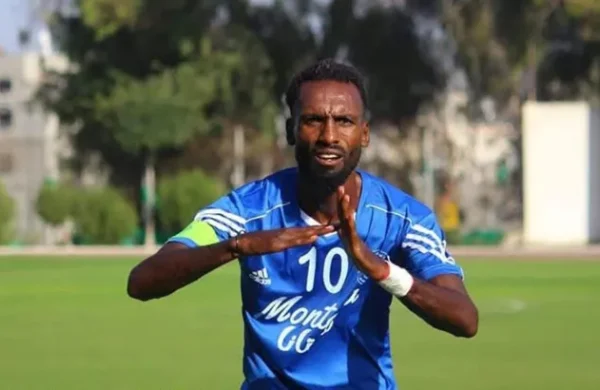Liverpool forward Mohamed Salah has questioned UEFA for omitting the circumstances surrounding the death of former Palestinian international Suleiman Al Obeid in its tribute to the late footballer.
UEFA posted a message on social media platform X, describing Al Obeid as the Palestinian Pele and a talent who gave hope to countless children, even in the darkest times. The tribute, however, did not reference the events leading to his death.
Salah, who has been outspoken on humanitarian issues, replied on the same platform: Can you tell us how he died, where, and why? His response drew attention to the circumstances reported by Palestinian football authorities.
The Palestinian Football Association announced on Friday that Al Obeid, aged 41, was killed by Israeli gunfire in Gaza.
A married father of five from Gaza City, Al Obeid was said to have been among a group of people targeted while waiting for humanitarian aid in the southern Gaza Strip.
According to the Association, the incident occurred on Wednesday, when shots fired by the Israeli occupation struck those gathered for assistance.
The death of Al Obeid adds to what the organisation says is a growing toll on its community, with 321 of its members reported killed since the outbreak of the war triggered by Hamas’s attack on Israel on 7 October 2023.
Nicknamed The Gazelle, The Black Pearl, and The Pele of Palestinian Football, Al Obeid was one of Palestine’s most celebrated players.
He earned 24 caps for the national team and scored over 100 goals in a career that inspired many young footballers in the region.
His passing has resonated deeply within the football community and beyond, with tributes pouring in from fans, former teammates, and sports officials.
For many Palestinians, Al Obeid’s career symbolised hope and resilience in the face of adversity.
UEFA has not yet responded publicly to Salah’s challenge over the omission of details in its tribute.

The incident underscores the sensitivity of addressing deaths linked to the ongoing conflict in Gaza and the wider debate about the role of sporting bodies in acknowledging political and humanitarian contexts.
Al Obeid’s death marks another loss for Palestinian football, which has seen players, coaches, and officials among those killed in the current conflict.
For supporters, his legacy will remain not only in his achievements on the pitch but also in the inspiration he offered during a turbulent period for his people.











